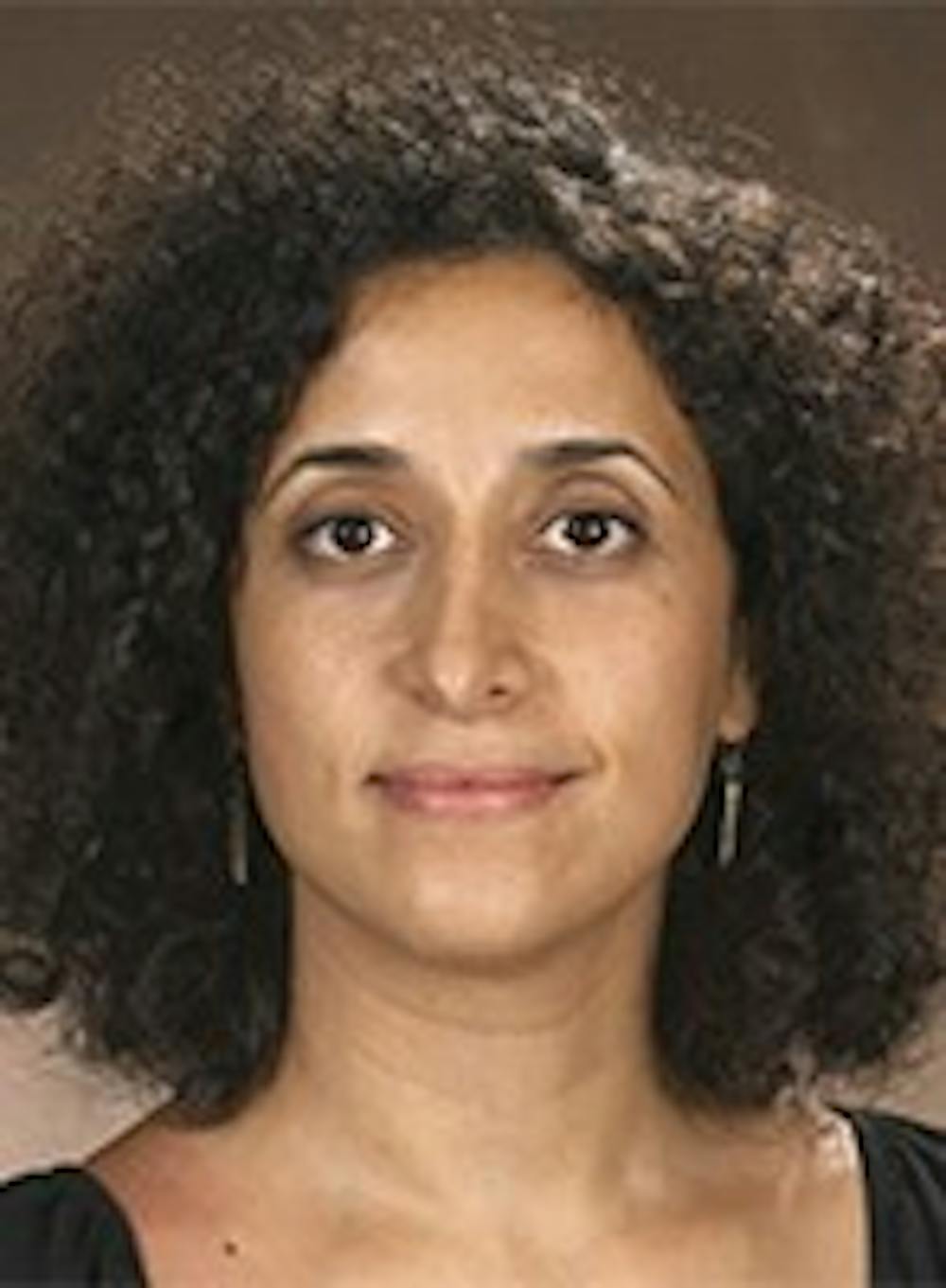In response to the Syrian refugee crisis, Diya Abdo, chairperson of the English department at Guilford College in Greensboro, has challenged academic institutions to re-envision their campuses as sanctuaries for refugees.
She recently launched her program Every Campus a Refuge, which aims to use campus resources to house refugees. Staff writer Kent McDonald spoke with Abdo about the initiative.
The Daily Tar Heel: What inspired you personally to create this program?
Diya Abdo: I have, on a very personal level, a deep investment in this. My parents are refugees. They became refugees after the 1967 war, and they left Palestine to Jordan. As an Arab, I feel very keenly the situation that’s unfolding now in the Middle East, especially in Syria.
What inspired this was that, as an academic, it gets very hard, day after day, to watch the news, see the catastrophes, see the atrocities that are unfolding on a global scale and feel truly helpless. It becomes very difficult to rationalize simply teaching as a way of transforming the world.
It occurred to me that as academic institutions, we have so many resources at our disposal. There are hundreds of thousands of campuses around the world that are really small cities. It occurred to me that this might be a way that institutions can intervene in this human catastrophe in a way that was material, immediate, real.
DTH: What does the Every Campus a Refuge initiative aim to accomplish?
DA: When I imagined this initiative, it was never intended to take a refugee family away from the rest of its community in the city where it was resettling. This was meant to be a solution for an immediate housing crisis. If you look at the thousands of people now trapped in Hungary, that’s a housing crisis. People are saying we can’t take care of them.
But imagine if now all of a sudden we see that there are other spaces in this country and other countries that can serve as homes for refugees. Our idea of how much space we have expands and changes.




